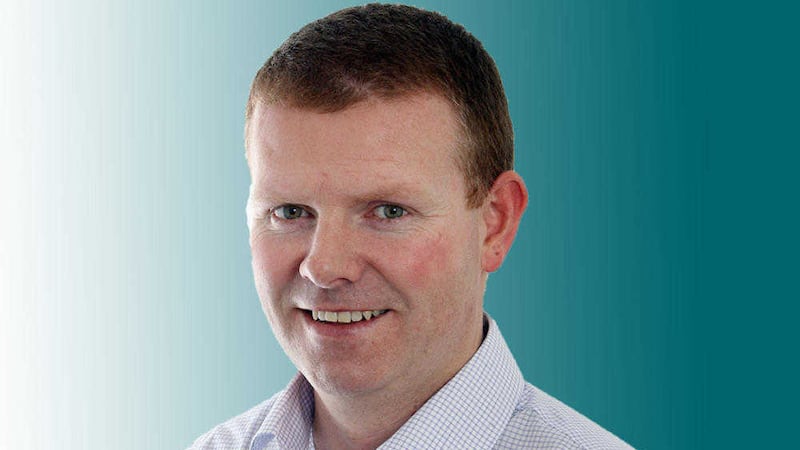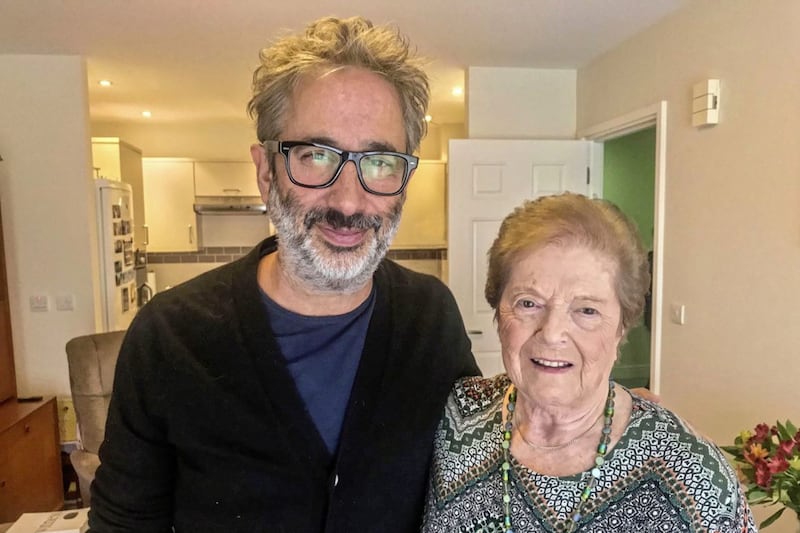Ireland with Simon Reeve, BBC 1, Sunday at 9pm
Simon Reeve as much as apologised for the English conquest of Ireland and took the blame for the famine on the chin, but one thing shocked this professional traveller on his trip to Ireland.
Reeve seemed genuinely surprised by the sectarianism of Northern Ireland.
He arrived in the north in the last section of this opening episode, having visited the south-east and working his way up the west coast.
The apology for the domination of the Irish came early as he visited Bannow Bay in Co Wexford where the Anglo-Normans landed in 1169 (the beginning of 800 years of oppression etc).
Reeve remarked as he surveyed one of their surviving castles nearby, although it sounded carefully scripted: "There’s nowhere as close to England that the English treated quite so badly as Ireland and the Irish."
Later as he toured a famine village in Connemara he asked the local historian who was to blame for the death of one million people and the emigration of another million-and-a-half.
His guide hesitated, gave a slightly apologetic smile, but then came out with it: "The English, I suppose."
Simon nodded silently.
Most of the rest of the journey, Reeve spent praising the beauty of Ireland, as if in all the distant travelling he'd undertaken for the BBC he’d forgotten about this little island, barely a few dozen miles from his own.
The mood changed a bit, however, when he got into Derry.
He met the Bogside Artists and remarked about how normal Derry seemed when a generation ago it was on the verge of civil war.
But he seemed genuinely surprised when he met a group of interface teenagers who told him that they had grown up without ever meeting anyone from the other side.
He was introduced to pupils from the north-west’s only integrated school and was bowled over when told that our system of education continues to segregate children based on religion.
"The ongoing segregation of schools was the single biggest shock to me. For an outsider it’s disappointing and depressing," he said.
It’s so obvious that even President Obama risked our friendship by pointing out it would be very difficult to heal our divisions when we continued to divide our children at age four.
Sometimes it takes a stranger to point out something as plain as the nose on your face.
***
Power To The People, BBC 4, Tuesday at 9pm
It was a good television week, with Simon Reeve touring Ireland and the excellent Power to the People series continuing.
This week it was in the Scottish Highlands where big-six power company SSE was putting the finishing touches to an impressive engineering project.
It took three-years to complete a new power line from Beauly to Denny to replace an outdated Victorian structure.
The 137-mile line and its 600 pylons would allow the wind farms and hydro-election stations of northern Scotland to join to the national grid, but it didn’t meet with universal acclaim.
Naturally the locals didn’t fancy the pylons which were more than twice the size of the Victorian structures they replaced.
Many felt that the green credentials of the wind farms were negated by the imposition of the unsightly towers
It was evidence once again that no energy comes without a cost.
Wind comes without the global warming of fossil fuels or the danger of nuclear. Its price is cost and unsightliness.
And we’d better get used to it because this week the British government announced that coal (which still accounts for around 25 per cent of energy production) would be phased out by 2025.









